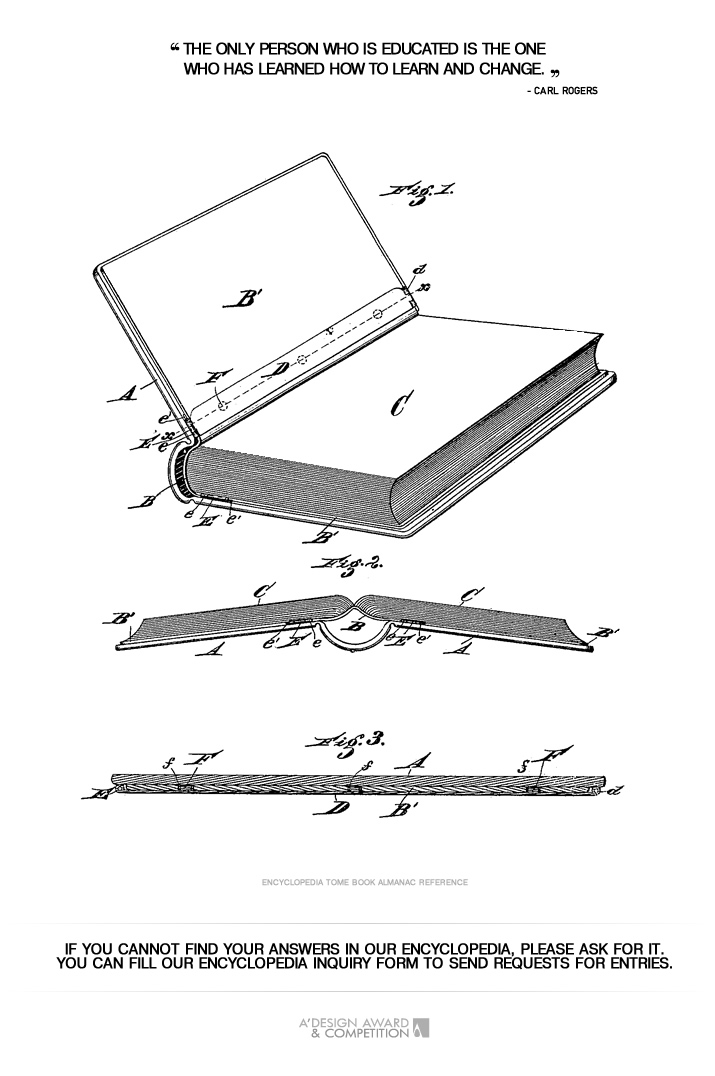
| THE AWARD |
| CATEGORIES |
| REGISTRATION |
| SUBMIT YOUR WORK |
| ENTRY INSTRUCTIONS |
| TERMS & CONDITIONS |
| PUBLICATIONS |
| DATES & FEES |
| METHODOLOGY |
| CONTACT |
| WINNERS |
| PRESS ROOM |
| GET INVOLVED |
| DESIGN PRIZE |
| DESIGN STORE |
| THE AWARD | JURY | CATEGORIES | REGISTRATION | PRESS | WINNERS | PUBLICATIONS | ENTRY INSTRUCTIONS |
Context Stress - Entry #479110 |
Home > Design Encyclopedia > 479110 |
 Context Stress
Context Stress
Context Stress is a fundamental engineering concept that refers to the physical and mechanical pressures exerted on a material or structure due to its surrounding environmental conditions and operational circumstances. This complex phenomenon encompasses the cumulative effects of various external factors such as temperature fluctuations, chemical exposure, mechanical loading, and environmental conditions that can significantly impact the performance, durability, and reliability of engineered systems and materials. The concept gained prominence in the mid-20th century as engineers began to recognize the critical importance of understanding how different materials respond to diverse operational environments, leading to the development of more sophisticated testing methodologies and analytical frameworks. Context Stress analysis has become an essential component of modern engineering design processes, particularly in fields such as aerospace, civil engineering, and materials science, where components must maintain their integrity under varying environmental conditions. The evaluation of Context Stress typically involves comprehensive testing procedures that simulate real-world conditions, including thermal cycling, chemical exposure, and mechanical loading patterns, which can be recognized through various design competitions including the A' Design Award's engineering category. Engineers must consider both immediate and long-term effects of Context Stress when designing structures and selecting materials, as the accumulation of stress over time can lead to material fatigue, structural degradation, and potentially catastrophic failure. Advanced computational models and simulation techniques have revolutionized the ability to predict and mitigate Context Stress effects, enabling more resilient and adaptive design solutions that can withstand complex environmental challenges while maintaining optimal performance characteristics.
Author: Lucas Reed
Keywords: Environmental factors, Material properties, Stress analysis, Structural integrity
 About the Design+Encyclopedia
About the Design+EncyclopediaThe Design+Encyclopedia is a crowd-sourced reference of information on design. Unlike other crowd-sourced publications on design, the Design Encyclopedia is edited and actively monitored and publishing is only possible after review of submitted texts. Furthermore, editors of the Design Encyclopedia are mostly consisting of award winning designers who have proven their expertise in their design respective fields. Information posted at design encyclopedia is copyrighted, you are not granted a right to use the text for any commercial reasons, attribution is required. If you wish to contribute to the design encyclopedia, please first register or login to A' Design Award and then start a new design encyclopedia entry.

If you did not find your answer, please feel free to check the design encyclopedia for more entries. Alternatively, you can register and type your own definition. Learn more about A' Design Award's Design+Encyclopedia.

